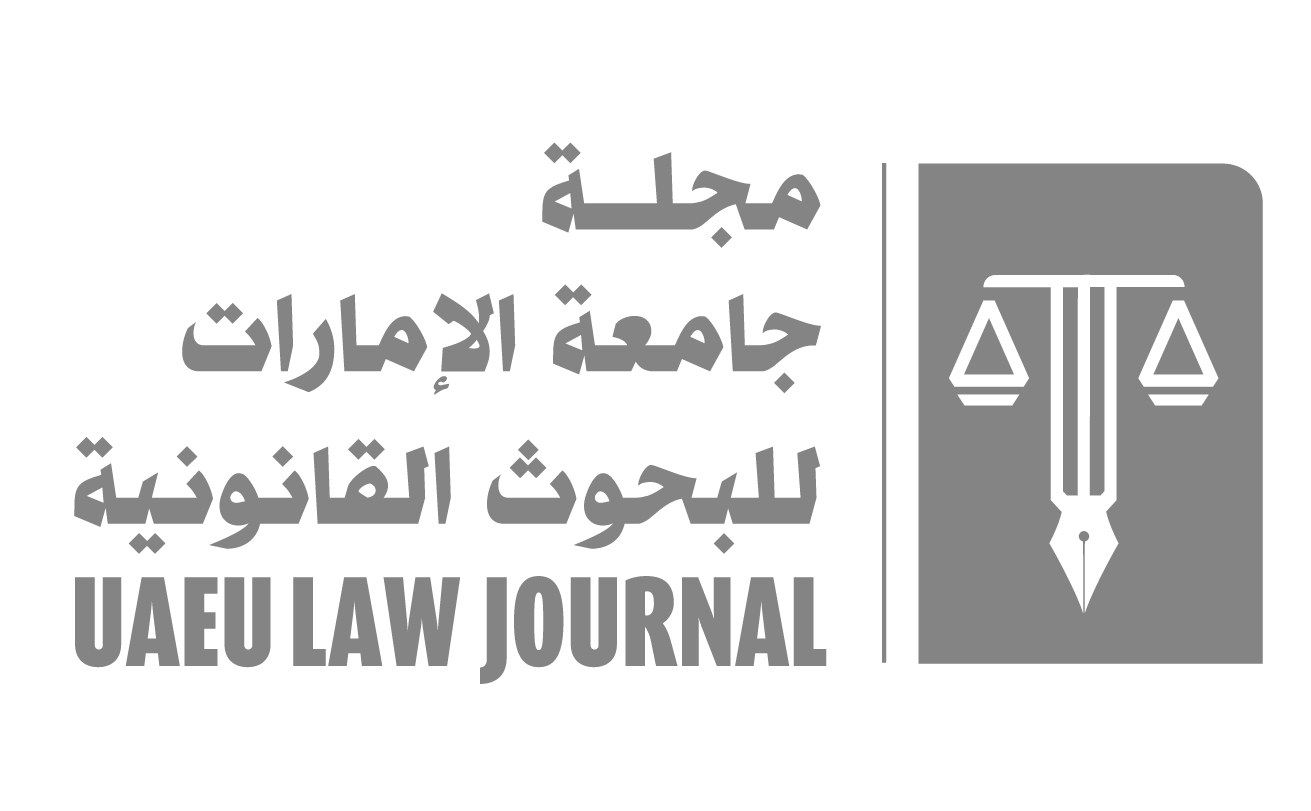
Article Title
Fake “Universities” The Concept and Coping Strategies
Abstract
The increase in societal demand for higher education has resulted in a wide spread of global activities of universities and academic institutions. Moreover, the rise of e-learning patterns, distance education, and the increase of non-traditional types of education have prompted the development of quality assurance mechanisms as essential elements to the recognition and accreditation of academic institutions.
The problem that aroused, however, was in the exploitation of these models by certain entities claiming to be universities, idiomatically called the “degree mills”, and taking advantage of the educational environment to gain illegal profits, by selling “fake” degrees to individuals who pay their fees, without the buyer’s (student) engagement in any educational process.
Fake “Universities” are spreading at a larger scale, in an organized manner that damages the reputation of higher education institutions, especially the non-traditional ones, and negatively affect the academic work environment and harms the qualified human resources and their real competencies.
This study adopts a comparative analytical approach to investigate the concept and characteristics of fake “universities”. It also addresses their likely accountability through an examination of the legal and academic mechanisms applied by comparative disciplines in confronting them.
In conclusion, the study sets several recommendations. The first is the need to adopt legal means in explicitly criminalizing the practice of fake “universities” and/or accepting their fake degrees as well as the academic measures they are implementing. Moreover, the study recommended following a constructive approach in encouraging serious academic achievement and hard work to localize and enhance the foundations of scientific integrity in the society, in addition to raising social awareness on the fraud methods that fake “universities” follow. Furthermore, it is recommended implementing accreditation standards for the universities as well as their academic programs, defining degrees equivalence and controlling them within solid rules and demanding national exams, such as “aptitude tests” for equalizing foreign scientific degrees. Finally, the study asserted an urgent need for providing and publishing a constantly updated international database that includes the names of fake “universities”.
Recommended Citation
Otani, Prof. Safaa prof. and Al-Abdallat, Hassan Dr
(2023)
"Fake “Universities” The Concept and Coping Strategies,"
مجلة جامعة الإمارات للبحوث القانونية UAEU LAW JOURNAL: Vol. 94:
No.
94, Article 2.
Available at:
https://digitalcommons.aaru.edu.jo/sharia_and_law/vol94/iss94/2

